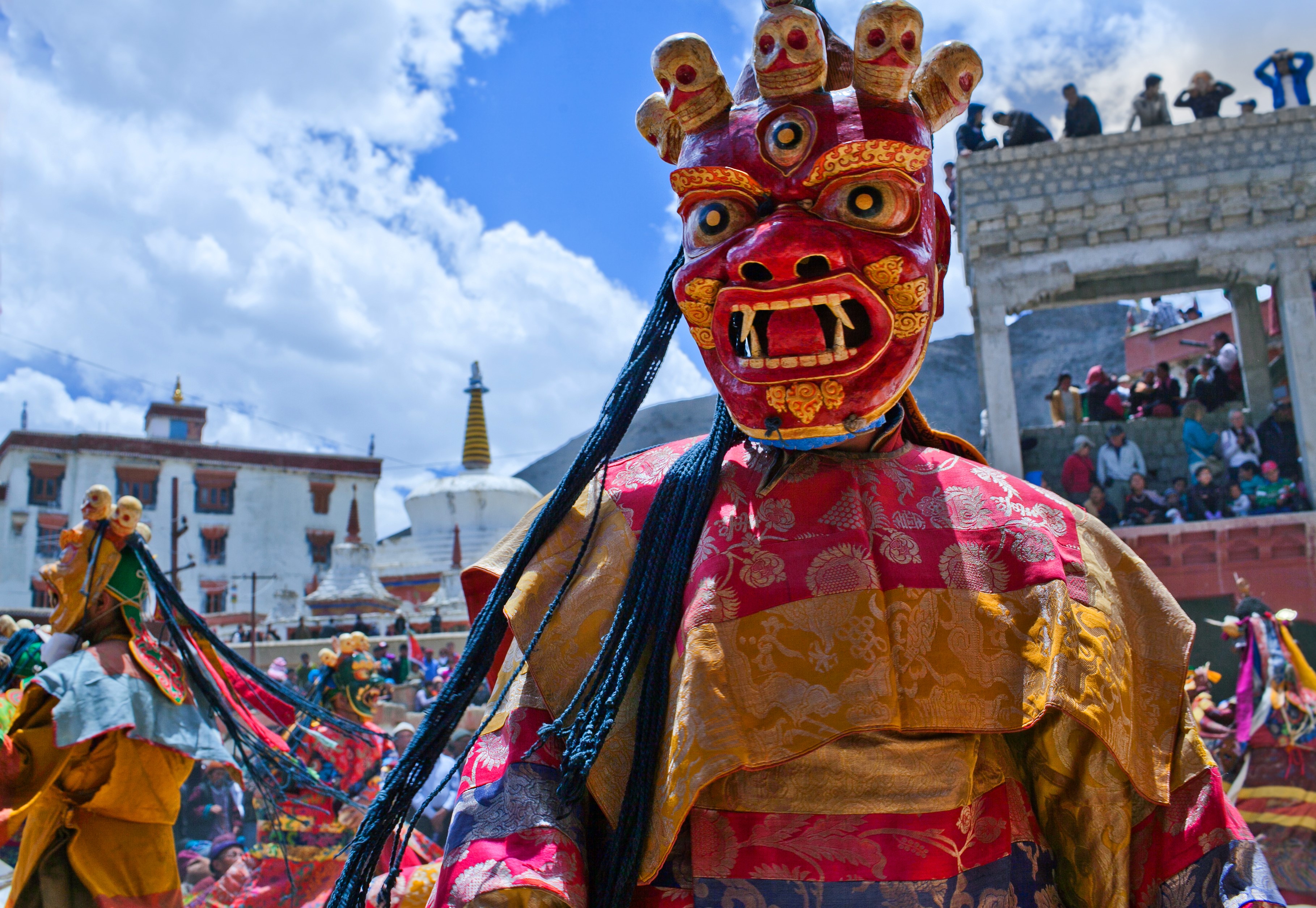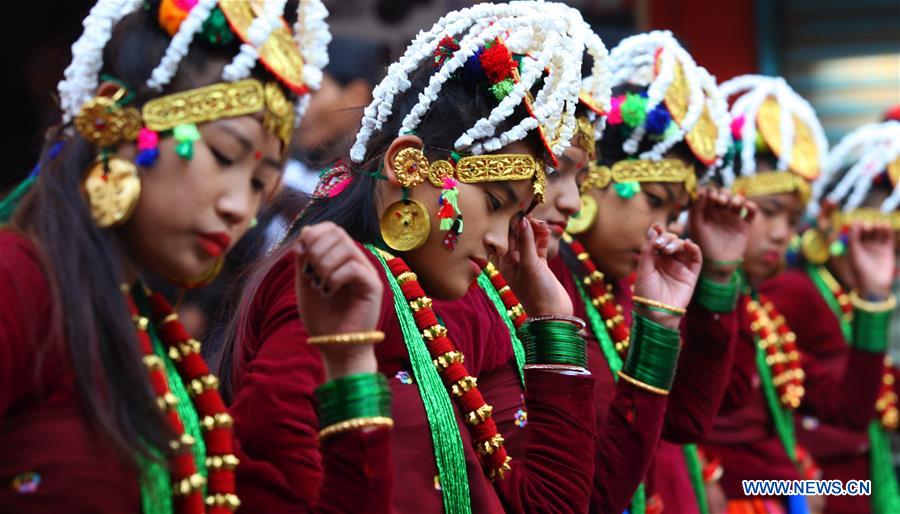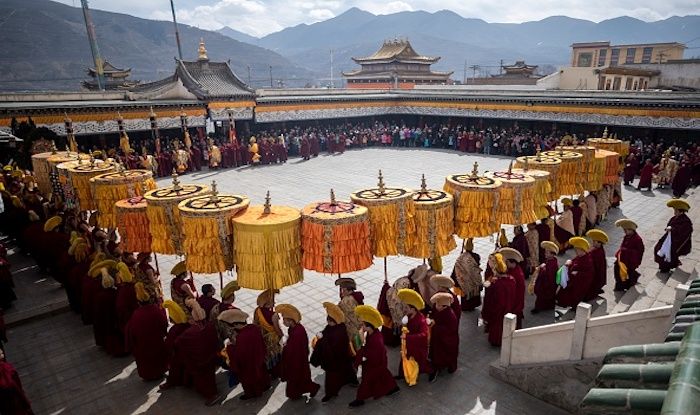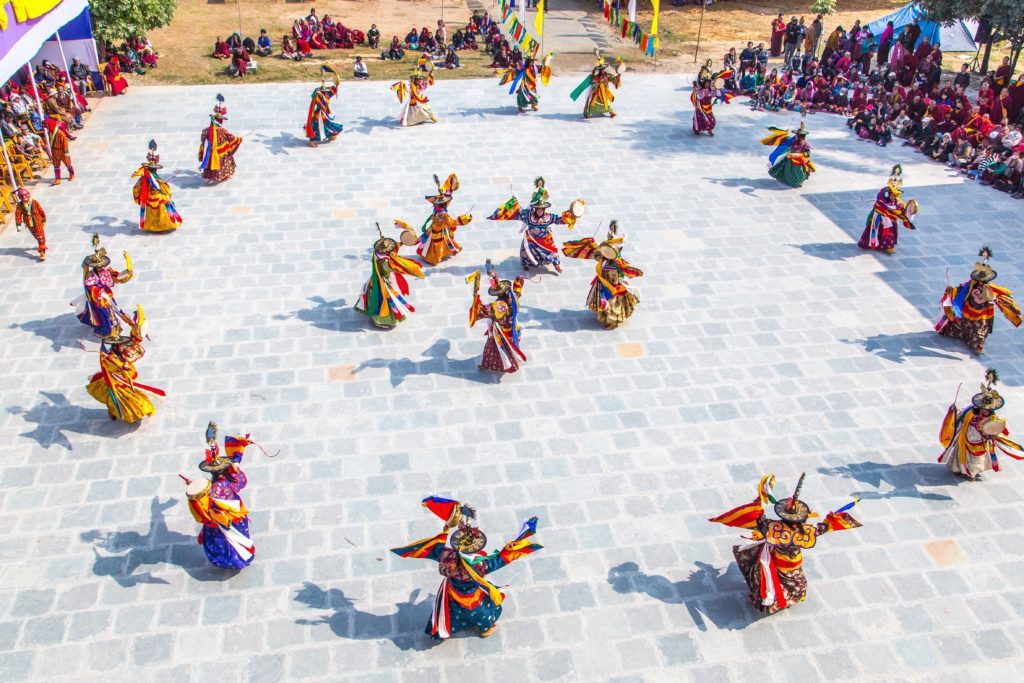| Lo-sar1 means New Year in Tibetan. It is the first day of the first month of the Tibetan lunar calendar. This year’s Tibetan Losar, Iron-mouse year, falls on 24 February. Losar celebration is one the most festive periods of the year observed with a lot of religious, cultural and merrymaking events for a week or two. Losar celebration is the time when one could witness and taste the best of the Tibetan culture and delicacies. Men, women, and children are in the best of their traditional attires. Colourful prayer flags flutter from the top of the houses, monasteries and the hills around. Unfortunately, Tibetans in Tibet are not allowed to observe it fully, because China sees a large gathering of Tibetans and celebration of Tibetan identity and its rich culture as a threat to the communist regime.Two days prior to the Losar, i.e. 29th and 30th day of the last month of the year, also form an important prelude to Losar celebration. 29th day is said to be Nyishu-gu, where the family members take Gu-thug, a porridge or noodle with nine different ingredients, together in the evening. A Glud [a proxy in effigy form made from dough] is sent away with all the obstacles and bad lucks of the family. 30th is Nam-gang; preparation and decoration of the altar and the house should be complete by Nam-gang night. Men wash clean on 29th and women on 30th, signifying entry into the New Year fresh and clean. |
 |
| Losar is celebrated for different lengths of time in tandem with the local tradition, but the first three days of Losar are considered very important. The first day is said to be Lama-Losar, people visit monasteries, pay respect to the Lamas and receive their blessings. The first day is usually spent with family members only. The second day is said to be Gyalpo-Losar. Gyalpo means king representing authority, official public celebrations are done on this day. The third day is known as Chokyong-Losar. Chokyong means the guardian deities, on this day prayer flags, are hoisted on the hills and around the houses. Guardian deities are propitiated and supplication prayers are read. |









